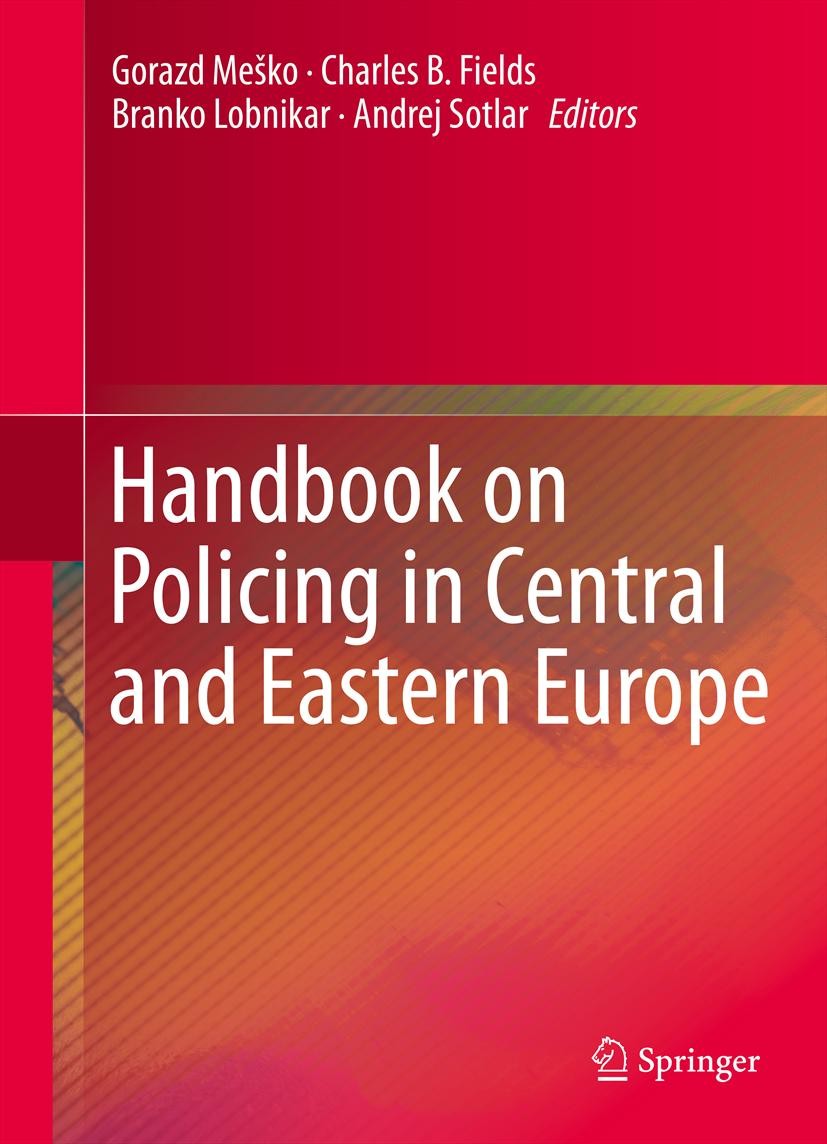| 書目名稱 | Handbook on Policing in Central and Eastern Europe |
| 編輯 | Gorazd Me?ko,Charles B. Fields,Andrej Sotlar |
| 視頻video | http://file.papertrans.cn/423/422520/422520.mp4 |
| 概述 | Indentifies key policing trends in each country, with respect to their different political, historical and social contexts.Case studies from Central and European authors.Provides blueprint for future |
| 圖書封面 |  |
| 描述 | .Policing in Central and Eastern Europe has changed greatly since the fall of the Berlin Wall. Some Central and Eastern European countries are constituent members of the European Union, while others have been trying to harmonize with the EU and international requirements for a more democratic policing and developments in accordance with Western European and international policing standards, especially in regard to issues of legality and legitimacy. .?.Changes in the police training system (basic and advanced), internationalization of policing due to transnationalization of crime and deviance, new police organizational structures and agencies have impacted new cultures of policing (from exclusively state to plural policing).?? ?This timely volume examines developments in the last two decade to learn the nature of these changes within Central and Eastern Europe, and their impact on police culture, as well as on society as a whole..?.The development of police research has varied widely throughout Central and Eastern Europe: in some countries, it has developed significantly, while in others it is still in its infancy. This work will allow for a transfer of ideas and models of police or |
| 出版日期 | Book 2013 |
| 關鍵詞 | Austria; Bosnia and Herzegovina; Bulgaria; Comparative Policing; Croatia; Czech Republic; Emerging Democra |
| 版次 | 1 |
| doi | https://doi.org/10.1007/978-1-4614-6720-5 |
| isbn_softcover | 978-1-4939-4261-9 |
| isbn_ebook | 978-1-4614-6720-5 |
| copyright | Springer Science +Business Media New York 2013 |
 |Archiver|手機版|小黑屋|
派博傳思國際
( 京公網(wǎng)安備110108008328)
GMT+8, 2025-10-8 23:23
|Archiver|手機版|小黑屋|
派博傳思國際
( 京公網(wǎng)安備110108008328)
GMT+8, 2025-10-8 23:23


